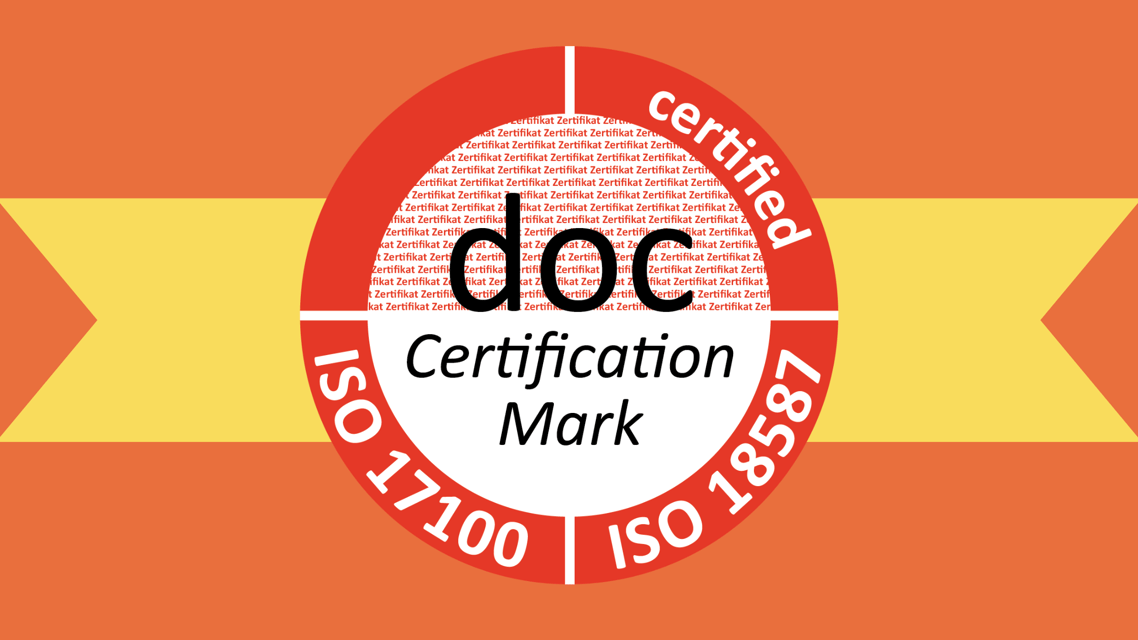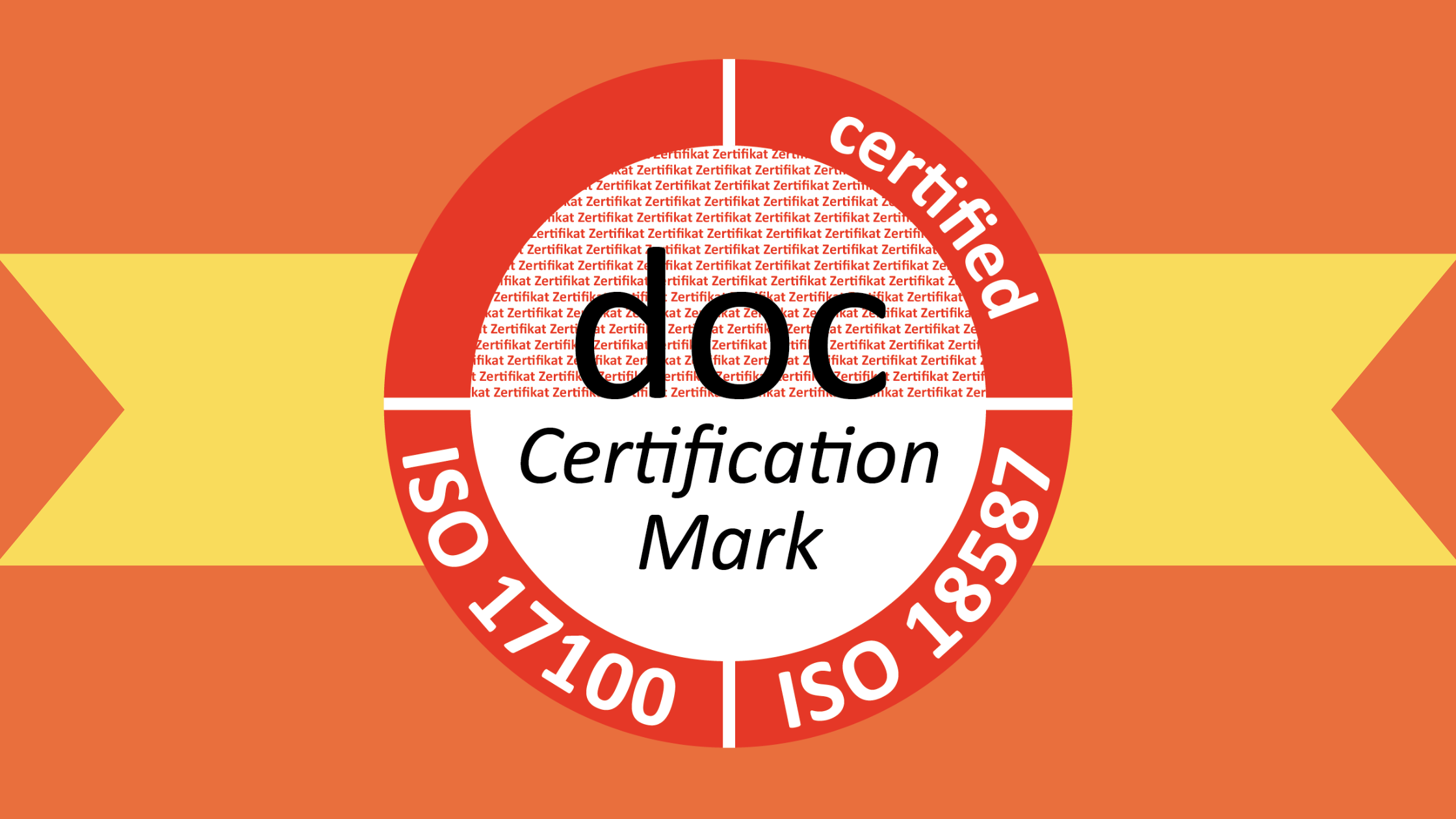
Unlocking the potential of your translation services through ISO certification is more than just a badge of honor; it's a testament to quality and reliability.
Understanding ISO 17100 and ISO 18587: What It Means for a Language Service Provider (LSP)
ISO 17100 and ISO 18587 are international standards that define the requirements for translation and post-editing services, respectively. ISO 17100 provides guidelines for translation processes, including the qualifications of translators, project management, and quality control measures. This standard ensures that translation services meet high-quality benchmarks and are consistent across different projects.
On the other hand, ISO 18587 focuses on the post-editing of machine translation output. It outlines the competence requirements for post-editors and sets the framework for delivering high-quality post-edited translations. For translators and language service providers, complying with these standards demonstrates a commitment to excellence and reliability in delivering translation services.
Steps to Achieving ISO Certification: A Roadmap to Success
Achieving ISO certification involves several steps, beginning with a thorough understanding of the relevant standards. The process typically starts with a gap analysis to identify areas that need improvement to meet ISO requirements. This is followed by the implementation of necessary changes, which may include staff training, process adjustments, and documentation updates.
Once these changes are in place, the organization undergoes an internal audit to ensure compliance. The final step is an external audit conducted by a certified body. If the organization meets all the criteria, it is granted ISO certification. This roadmap ensures that the organization not only meets but also maintains high standards in its translation and post-editing services.
Qualifications Needed for ISO Certification: Setting the Bar High
To be certified under ISO 17100 and ISO 18587, organizations must meet specific qualifications. These include having translators and post-editors with the necessary education, professional experience, and linguistic competencies. Translators typically need a recognized degree in translation, linguistics, or a related field, along with several years of professional experience.
Additionally, the organization must have robust project management and quality control processes in place. This includes documented procedures for handling translation projects, from initial client contact to final delivery. Ensuring that these qualifications are met is crucial for achieving and maintaining ISO certification, which in turn guarantees the quality and reliability of the services provided.
Why ISO Certification Matters: Benefits for an LSP, and its clients
ISO certification offers numerous benefits for both translators and clients. For translators, it provides a structured framework for delivering high-quality services, enhancing their professional reputation and credibility. It also opens up opportunities for working with clients who require certified translation services, thereby expanding their market reach.
For clients, ISO certification is a mark of assurance that the translation services they receive adhere to internationally recognized standards. This is particularly important in industries such as legal, medical, and technical fields, where accuracy and consistency are paramount. Different types of ISO certifications, such as ISO 9001 for quality management and ISO 27001 for information security, further enhance the trust and reliability of the services provided.
The Language Group's Commitment: Certified Excellence in Translation Services
The Language Group is proud to be certified in both ISO 17100 and ISO 18587, underscoring our commitment to delivering exceptional translation and post-editing services. Our certification ensures that we adhere to the highest standards of quality, consistency, and reliability in every project we undertake.
By investing in ISO certification, The Language Group demonstrates our dedication to continuous improvement and client satisfaction. Our team of experienced translators and post-editors, combined with our robust quality control processes, ensures that we meet and exceed client expectations. We believe that our ISO certification not only sets us apart but also provides our clients with the confidence that their translation needs are in expert hands.

 >
>
 >
>
 >
>
 >
>
 >
>
 >
>